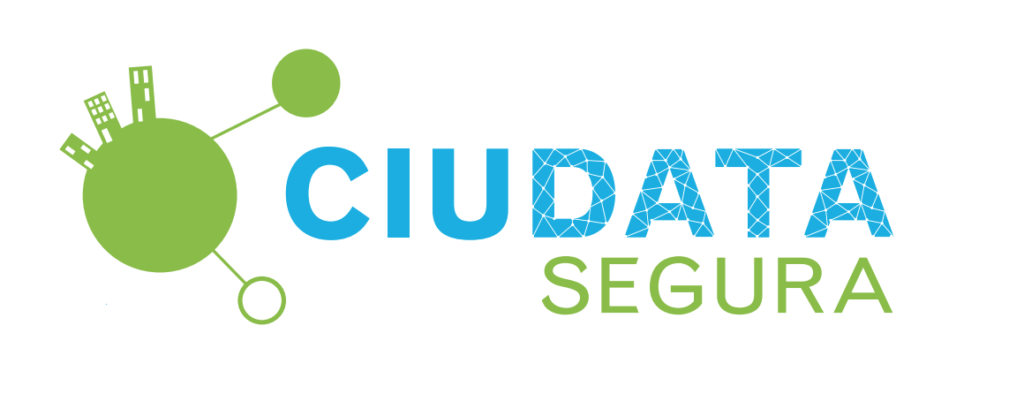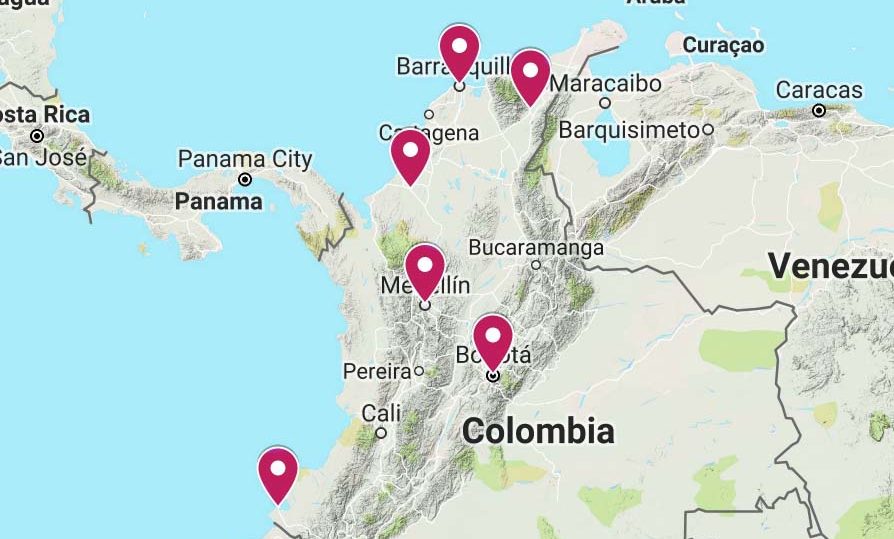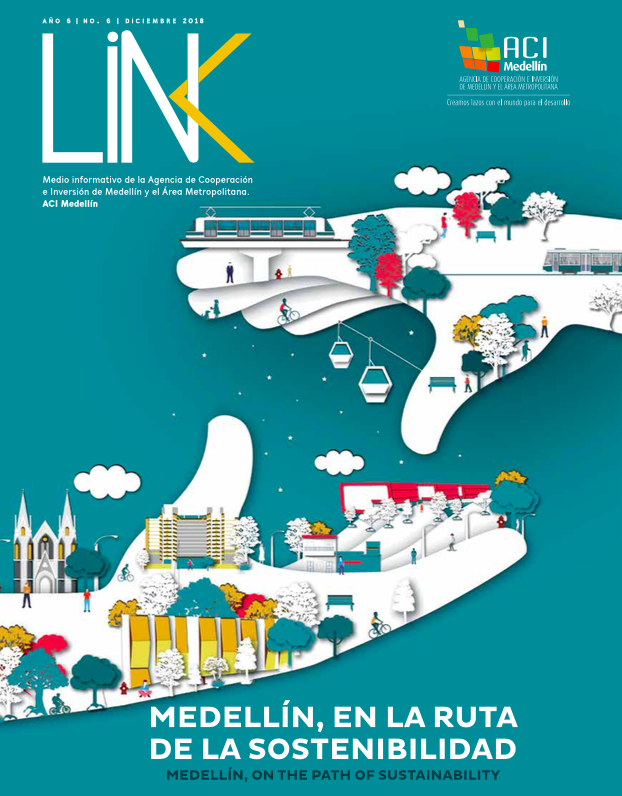
About the Project
Latin America and the Caribbean (LAC) remains the most violent region on the planet, accounting for over a third of homicides in the world. Increasingly, data and information are being promoted as a powerful tool to understand and prevent crime and violence. However, there are two key questions that remain largely unanswered:
1) Why is crime clustering in certain neighborhoods?
2) Why do certain individuals turn to crime and not others?
Leveraging traditional (official statistics, surveys, interviews) and new data sources (big data, i.e CDRs and open source GIS), Ciudata Segura aims to build a granular spatio-temporal tool to diagnose crime factors in cities and better inform security policy-making.
Pilot in
Colombia
The pilot phase is currently being deployed in six Colombian cities presenting a diversity of contexts, both in terms of socioeconomic and political characteristics and crime prevalence: Bogotá, Medellín, Barranquilla, Montería, Valledupar, and Tumaco. Preliminary results will be shared with our local partners by the end of 2018.

A Closer Look
The big data models used in this study have been previously tested in three cities, including Boston, Los Angeles and Chicago. The models include the following variables:
- Physical characteristics of the city, such as land use, size of blocks, age of buildings, population density, vacuums
- Socioeconomic characteristics, such as unemployment and income inequality
- Mobility patterns of individuals
Overall, results have shown that a comprehensive model including all variable above is the best better predictor of crime, but also that crime dynamics cannot be explained to the same extent in all cities.
Learn more about Ciudata Segura:
English
Español
With the Support of...
Learn more about using
Big Data for crime prediction:
Moves on the Street: Classifying Crime Hotspots Using Aggregated Anonymized Data on People Dynamics
Andrey Bogomolov, Bruno Lepri, Jacopo Staiano, Emmanuel Letouzé, Nuria Oliver, Fabio Pianesi, and Alex Pentland, 2015.
Learn more about crime and citizen security in Latin America
Citizen Security in Latin America and the Caribbean
Challenges and Innovation in Management and Public Policies over the Last 10 Years
Laura Chinchilla,
Doreen Vorndran, Nathalie Alvarado,
Mauricio Bastién,
Bárbara Cedillo,
Gina Cárdenas,
Pavel Munguía,
Andrés Restrepo,
Viviana Vélez,
Karelia Villa
Ciudata Segura in the Media

"Ciudata Segura: Un mapa de datos hacia la paz"
Link Magazine, pg 66
December 6, 2018









